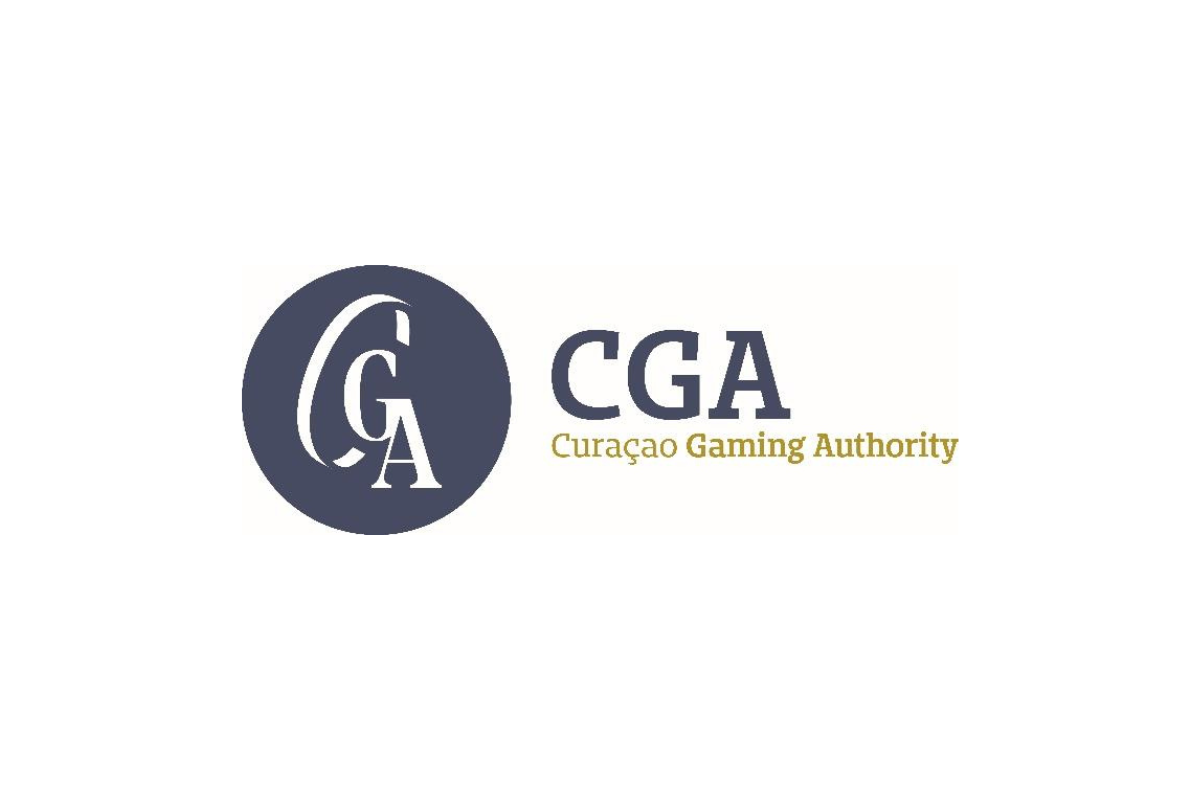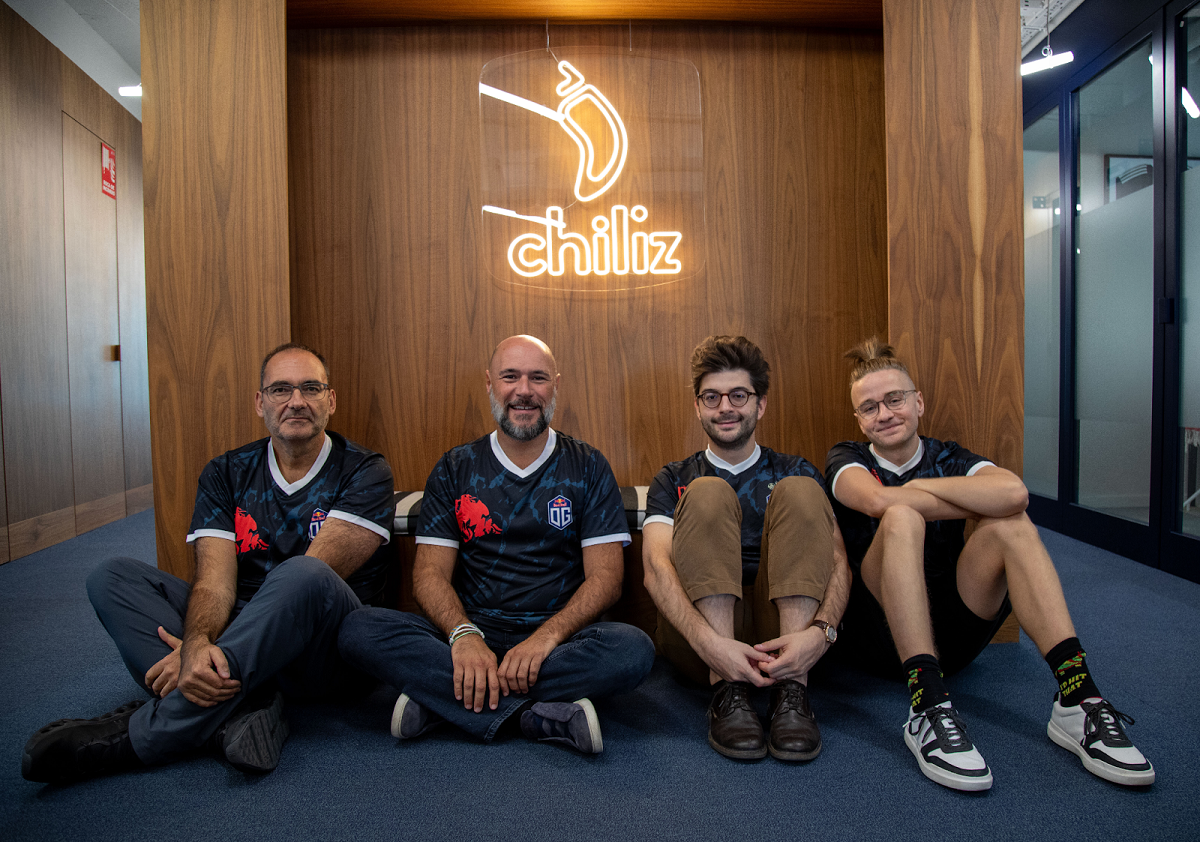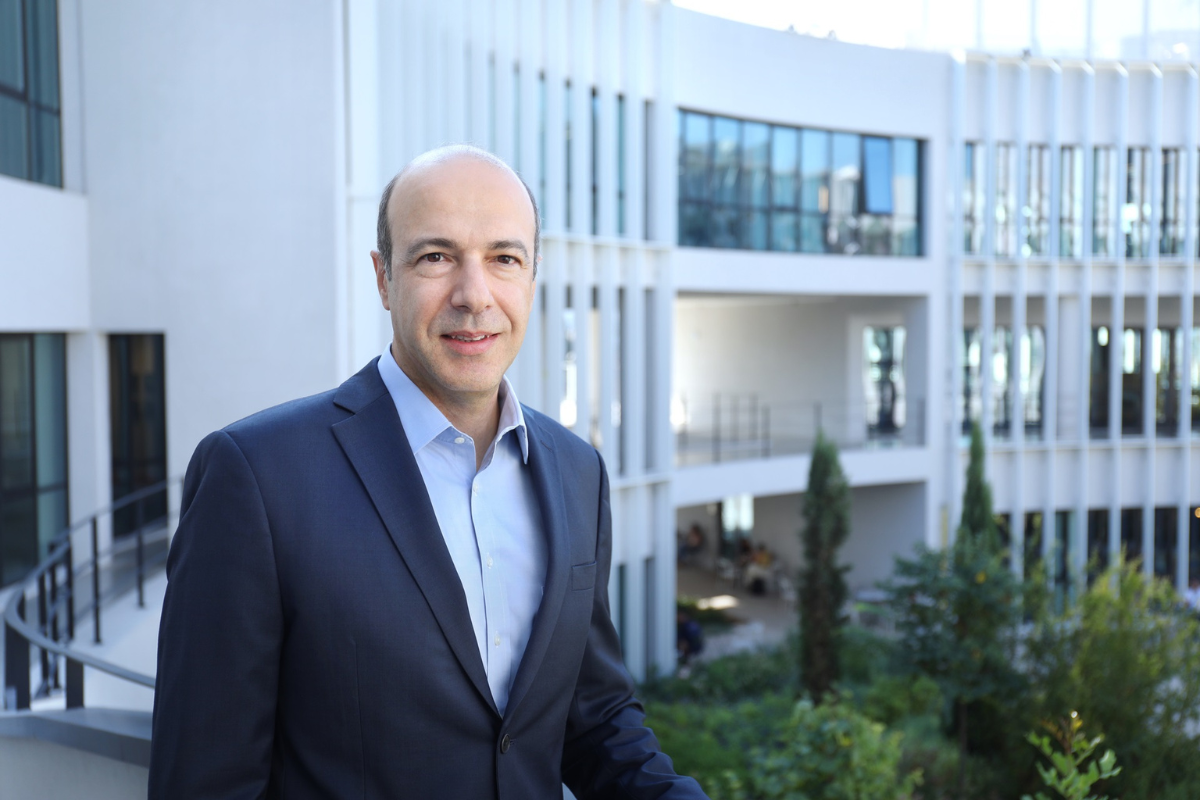Gaming
How self-exclusion programmes and player protection services can help gamblers

Gambling is a regulated activity in the UK because it is addictive. While most consumers gamble for fun every year, for a percentage, it’s a compulsion with wide-ranging adverse outcomes.
More than just an industry buzzword for the last decade, responsible gambling refers to the ability to set limits and stick to them while monitoring your behaviour and taking preventative or reactive steps to gambling harm should it be highlighted or occur. Even casual gamblers should practise responsible gambling.
As part of their licensing conditions, all UK-licensed gambling operators have responsibilities to monitor for and protect consumers from gambling harms; it’s also good practice to educate consumers, ensuring awareness of addiction and the responsible gambling tools available to help players manage their gambling.
Operator responsibilities
There are three cornerstones of gambling licensing and regulation in the UK, according to the Gambling Commission:
- That crime should be kept out of gambling
- It should be conducted in a fair and open way
- Children and other vulnerable persons should be protected from harm or exploitation from gambling.
Enshrined in points two and three are the principles of player protection – the right to a fair product and protection when vulnerable. Vulnerability centres on compulsive gambling, which causes harm. Compliance with Gambling Commission regulations regarding safer gambling includes:
- Transparency with consumers and conditions for transparent terms and fair practice
- Keeping to the advertising and marketing standards and rules
- Contributing through the statutory levy
- Rules for when and how to interact with accounts showing signs of harm of behaviour deviations
- Prevention of underage gambling
- Self-exclusion provisions
A commitment to responsible gambling is, therefore, essential for UK operators. Voluntary self-exclusion (VSE) is one of many safer gambling tools available to players. Other tools include deposit limits, timeouts, and reality checks. Slot sites and casinos must also adhere to advertising standards and regulations, such as ensuring gambling adverts have ‘begambleaware.org’, T&Cs apply and 18+ messaging.
The UKGC also works with several partner support services, such as GambleAware. Other prominent NGO support groups operating in the UK include GamCare.
Responsible gambling tools
Despite operator responsibilities and the provision of responsible gambling tools, the NHS estimates that there are “400,000 ‘problem gamblers’ in England”.
Responsible gambling tools, support, information and links to organisations successful as GamCare are included and promoted to players on all reputable online casino sites.
All reputable UK gambling sites encourage and provide players with the ability to set a budget, which can’t be changed for 24 hours, play time reminders, cooling-off periods (designed to break a cycle of gambling instantly) and voluntary self-exclusion – our focus. We won’t go into the details of the other options; you can learn more about responsible gambling tools and how to use them here.
Voluntary self-exclusion and its effectiveness
GAMSTOP runs the voluntary self-exclusion scheme for online casinos in the UK. The land-based UK counterpart is SENSE. Self-exclusion is the most restrictive tool in the responsible gambling box.
This is for players already experiencing gambling harms or worried about how they gamble and who want to cease all access and communication with gambling services for six months up to five years. This helps gamblers by allowing them space to regain control and cut compulsive behaviours.
However, GAMSTOP has problems. The online system has received significant criticisms, especially after a 2019 BBC investigation revealed players could alter small account details, like a surname and re-register at online casinos. GAMSTOP attributed the issues to the lack of a national ID system, which meant the exclusion depended on matching the information provided to GAMSTOP and held by the online casino. The report also highlighted problems with the land-based betting equivalent MOSES.
Players who have used the scheme have described methods to avoid it, including using different details to make a new account and gamble, using offshore casinos, looking for non-GAMSTOP sites, etc. The rise in searches for “non GAMSTOP sites” (and related terms) and affiliates targeting these terms documents this well. It also shows how vulnerable players are driven offshore to avoid bans.
Research published in 2023 has also shown that the length of the self-exclusion period affects whether it is effective and that despite the widespread use of VSE (Voluntary Self Exclusion), there’s been little research on whether it works and “and none on whether (and what type of) gamblers return to gambling after self-exclusion and how VSE affects their wagering if they return.”
The research aimed to combat this, using a secondary data set analysis of 3,203 real-world UK gamblers who had VSE from Jan 2021 to August 2022. The study showed that those who took a break of up to 38 days returned to gambling, and those who took VSE for longer periods didn’t. The researchers concluded that shorter VSE periods were less effective in preventing future gambling than longer ones. Along with shorter VSE periods, a return to gambling was positively associated with being female, betting on more days, placing more bets, playing fewer game types, and having a lower number of deposits per day.
Smaller scale research by IPSOS (which conducted 30 follow interviews with original study participants who had VSE, three years on) has shown the success of VSE in stopping gambling with “many of the interviewees were still part of one or more self-exclusion scheme at the time of the interview. Most felt they have now gained more control over their gambling behaviour.” The research also highlighted that some participants used VSE alongside other tools, especially talking therapies, which were successful.
Aside from whether it works or not, there is the issue that VSE relies upon self-identification and the drive to change gambling habits, both of which are at odds with the deceptive and compulsive nature of addiction. The Gambling Commission has highlighted the difficulties: “Harms occur over a range of different levels of participation in gambling, and at the most severe end of this spectrum, it can be compulsive and even addictive. Placing reliance on the individual to change their behaviour in these circumstances is unlikely to work.”.
When a consumer is not aware that gambling harms are taking place, it’s up to the quality of the casino’s support staff to highlight and explain what behaviours they have flagged as risky and why and to offer and encourage the use of safer gambling tools and support services.
The multi-layered approach
As a tool for those who want to control their gambling addiction, VSE has received support from the industry, with GambleAware’s CEO stating that; “Self-exclusion can be a last resort for people who are struggling with their gambling, which is why it is essential tools such as GamStop operate effectively. Such tools work best as part of a treatment package tailored to the individual rather than being effective in isolation.”
One successful modern method that’s considered a helpful part of a multilayered approach (recommended alongside self-exclusion and online blocking software) to gambling prevention is bank blocking. Multiple UK banks now offer a complete ban on all gambling transactions that can be easily implemented, cutting off the problem at source for online players (they do not apply to e-wallet use, hence the need for a multi-layered approach).
Similarly, services like GamBan prevent gamblers from accessing gambling sites – it’s a free service, and there have been more than 12,700 free sign-ups since its launch. The recommended approach to using GamBan is TalkBanStop, a program created by a partnership with GamBan and GAMSTOP that uses GamCares trained advisors, GamBans blocking software and GamStop’s self-exclusion list to create a multi-layered support approach.
The future of self-exclusion programmes and player protection services
In an industry that makes most of its profit from a small percentage of players (one report obtained by the Guardian showed 83% of all deposits at one operator came from just 2% of its customers), often operators have prioritised profit over player safety. This is well demonstrated in the case of VIP schemes being abused, high wagering requirements, which bind consumers to “excessive play”, and excluded players being targeted with promotions or allowed to re-register and gamble (the Gambling Commission fine list demonstrates many cases of “marketing to vulnerable players”), it’s inevitable that we can do better at supporting vulnerable players with industry experts proffering a multi-layered approach as the most successful. The role of NGOs and the third sector here is paramount.
With the increasing regulatory environment in the UK (plus the upcoming introduction of a statutory levy on gambling operators to finance responsible gambling research and education) and an industry that’s becoming more aware and attuned to the damages and exposure to the industry (almost 20 years on since the 2005 Gambling Act liberalised the UK market, the widespread gambling has caused the treatment of gambling addiction to become an issue of “public health”), things are changing in the UK market.
The impact of responsible gambling messaging and advertising is paying off, with more players now reporting they prefer gambling sites that have a vested interest in their security and safety. With the advent of AI for player safety, gambling operators are getting better at spotting signs of gambling harm on player accounts, and the room for error is becoming even smaller.
What’s most apparent is that responsible gambling tools are not working as best they could and are overdue a redesign that makes them frictionless for players to implement and better at preventing them from gambling. Gambling charities and operators must find new ways to engage and educate players towards a multilayered approach. The upcoming statutory levy will bring much-needed financial replenishment to gambling charities and research.
For the industry’s long-term sustainability, casinos must also find a better balance between attractive advertising, promotions, bonuses and games and the importance of player protection. Many operators are rising to the challenge, and slot bonuses and online casinos with no wagering requirements offer the fairest and most customer-friendly experience and fulfil this need. However, there’s still much more to be done.
-

 Asia6 days ago
Asia6 days agoDigital gaming disruption tackled in 1st AsPac Regulators’ Forum
-

 Africa7 days ago
Africa7 days agoKiron announces the launch of its new virtual football title, Turbo League, with SportPesa in Kenya and Tanzania
-

 Aquisitions/Mergers7 days ago
Aquisitions/Mergers7 days agoNOVOMATIC successfully completes sale of ADMIRAL Austria to Tipico and focuses on international growth markets
-

 Compliance Updates7 days ago
Compliance Updates7 days agoSOFTSWISS Releases Gambling Regulation Directory for iGaming Operators
-

 Asia7 days ago
Asia7 days agoiRace Media extends partnership with The Hong Kong Jockey Club in Asia
-

 Compliance Updates7 days ago
Compliance Updates7 days agoAlternative Dispute Resolution (ADR) Role and Certification
-

 Central Europe7 days ago
Central Europe7 days agoSYNOT Games Delivers Bespoke Games Exclusively for SazkaHry.sk in the Slovak Market
-

 Industry Awards7 days ago
Industry Awards7 days agoPG Soft wins Best Slot Provider at SiGMA Euro-Med Awards 2025


















